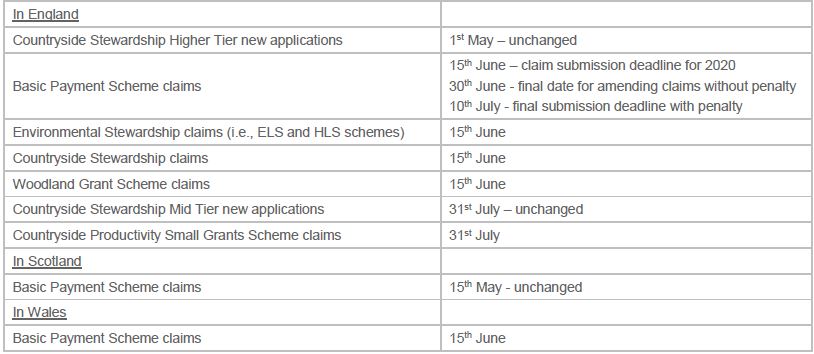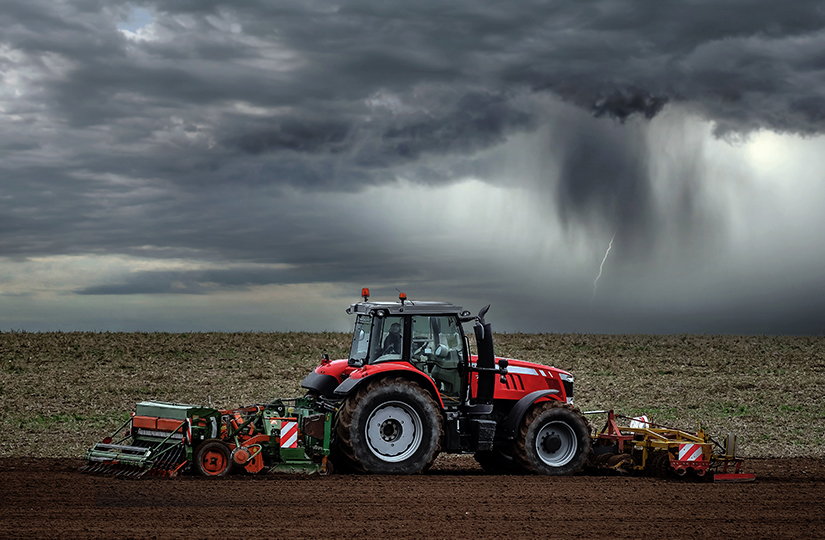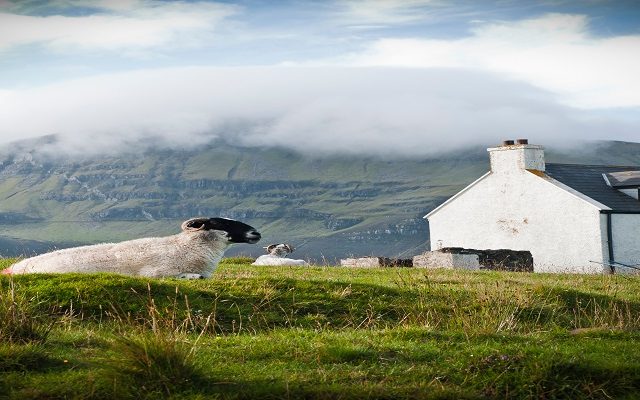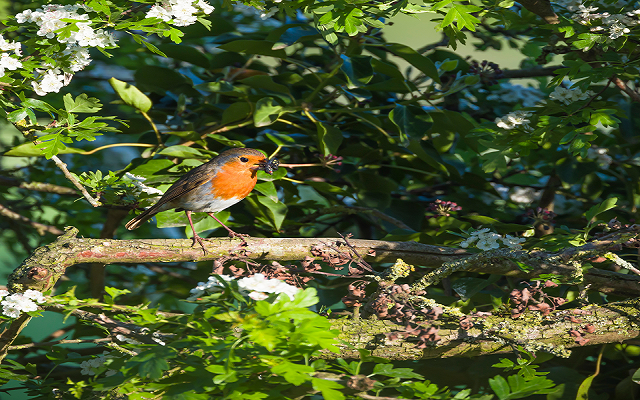Land Business Update | Week Commencing 4th May 2020
Welcome to our update on key land management, farming, planning and energy issues.
COVID-19
Defra to pay 75% of 2019 agri-environment payments as bridging payment
The payments are being made to help land managers with cash flow. They will be made in May and be based on 75% of the current estimated value of a claim. This is a very welcome move by Defra.
Extra month to claim BPS but strong advice is to do it now
Defra has extended the deadlines of a number of schemes, which we have summarised below. However, our strong advice remains to try to submit claims as soon as possible to avoid potential administrative issues.

Defra has emphasised that it wants to be as flexible and responsive as possible, so please engage with the RPA if you have any questions or concerns. In England, Defra has spent or committed a high proportion of its funding under the Rural Development Programme for England and so there is little scope to reallocate it for COVID support. Also, there is no scope for using some of the EU’s financial instruments as they were not included in our RDPE programme. The government has not indicated that it will provide additional financial support to farming although it has relaxed competition rules for the dairy sector and discussions are on-going. There is no firm date when farm inspections will resume and Defra is working on how it can be flexible on inspections.
Weather has had greater effect than COVID on crop sowing and emergence
There is no evidence that COVID has had any major impact on the sowing of spring and summer crops, or on the supply of seed, fertiliser and pesticides, according to the EU’s Monitoring Agricultural Resources programme.
https://ec.europa.eu/jrc/en/mars/bulletins, EU Joint Research Centre, 270420
Will the UK follow the European Commission example of providing more aid to stabilise agricultural and food markets?
The EU has provided €80m of support for sectors that have been worst affected by COVID-19. €30m has been ring fenced for the dairy sector for private storage aid for skimmed milk powder, butter and cheese. There will also be private storage aid for beef steaks (up to 25,000 tonnes or €26m) and sheep and goat meat (up to 36 000t or €20m value; NB this type of storage aid has not been used for sheep and goat meat for over 20 years). Member States will also be able to provide ‘stand alone’ support for farming businesses, in the form of a one-off lump-sum of €5,000 for farmers and up to €50,000 for SMEs. The EC has also said that it will relax the competition rules for the live plants, flowers, milk and potato sectors to deal with severe market imbalances. While welcoming the rule change, the sectors have said that more support will be needed as some markets, for example for flowers, have lost over 80% of trade volumes. Separately, agriculture ministers of the G20 group of nations pledged to avoid any restrictions on trade that could affect food security.
Citizens Advice makes recommendations on dealing with debt built up due to COVID
This thought-provoking report focuses on people and households, rather than businesses. It says that the financial impact of coronavirus is overwhelmingly concentrated on people who have health risks, on young people, and on people in insecure work. CA has estimated, based on their data and a survey of 2,016 people carried out in early April, that 6m people are already behind on household bills and that 13m think they will fall behind. These debts will take a long time to repay so CA recommends changes to evictions, council tax enforcement and phone / internet enforcement, coupled with new affordable ways to repay debts to avoid what it has called a ‘cliff edge’.
ENVIRONMENT
Warning from the Natural Capital Committee that much more is needed to reach net zero
This latest report from the Committee is another rational reminder about the principles related to natural capital, which highlight where opportunities may and may not be. It is well worth reading. The 10 key points we took from it are:
1. The use of nature based interventions is not an alternative to a major systemic reduction of carbon emissions across all sectors.
2. The maintenance of biocarbon stocks held within natural assets such as soils is as, if not more, important than creating new stocks of biocarbon.
3. Bringing the existing tree stock into active sustainable management should be as important as expanding woodland cover.
4. Priority should be given to developing a comprehensive baseline of natural capital assets.
5. Natural capital must be integrated fully into local planning, infrastructure decisions and efforts to achieve net zero.
6. A carbon / GHG only siloed approach risks trading of functioning ecosystems and habitat for carbon capture.
7. Government should prioritise spatial planning for the following five nature based interventions: maintaining and increasing tree cover; the same for soil carbon (including peatland restoration); improving wildlife / biodiversity; managing freshwaters and wetlands; and sea use changes.
8. The measures proposed by the Committee on Climate Change to reduce emissions from agriculture will not even mitigate the emissions of the agriculture, land use and peatlands sectors, far from being an option for major offsetting of emissions from other sectors.
9. Peat soils should be taken out of anything but the lowest impact agriculture.
10. The government should urgently replace biodiversity net gain with environmental net gain.
FARMING
Draft EU Biodiversity Strategy for 2030 says 25% of farming must be organic and 10% of land under high-diversity management
The draft also says that at least 30% of land and 30% of sea will have to be protected in the EU (it is currently at 26% and 11% respectively). The draft says that organic farming is the ‘best known and best regulated agro-ecological practice’, and that the Strategy will include measures to increase demand for organic goods. Linked to the Strategy, the EU Nature Restoration Plan says that there is an urgent need to bring at least 10% of utilised agricultural area under high-diversity features, such as buffer strips, rotational or non-rotational fallow land and landscape features. These changes will be funded by at least €20 billion per year, which will come from a 25% share of the EC budget earmarked for climate action. In addition, a dedicated natural capital and circular economy initiative will be established under Invest EU, with @ €10bn funding over the next decade.






